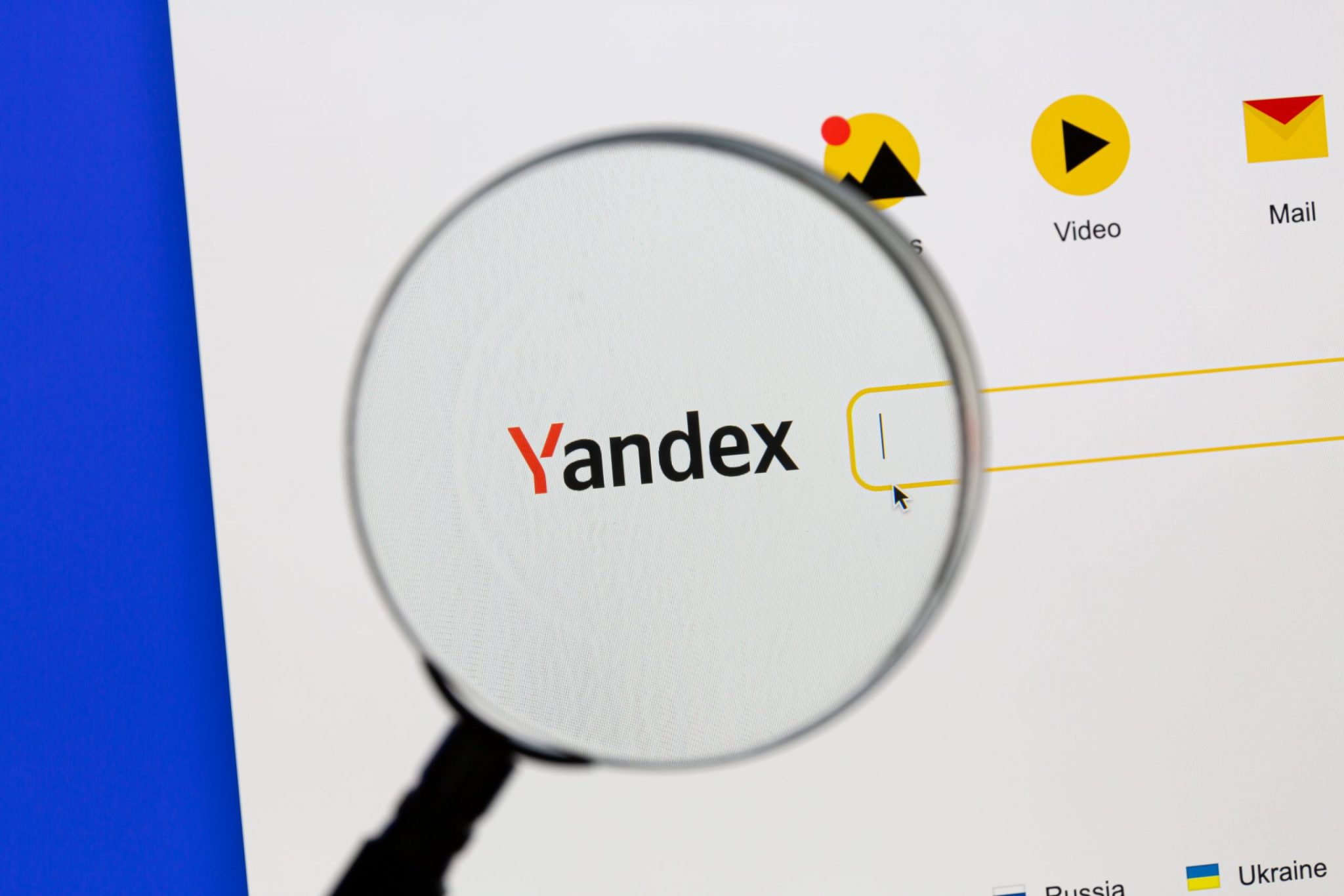Russia’s information environment has become increasingly constricted. Banning the characterization of Russia’s war in Ukraine as anything but a “special military operation” is just one indication of the censorship and cherry-picking that takes place inside Russia.
To better understand this information space, the Alliance for Securing Democracy is out with a new dashboard that shows what a Russian citizen inside the country or a Russian language speaker outside Russia’s borders sees on the leading Russian language search engine and news aggregator Yandex.ru.
ASD’s Yandex Dashboard catalogues the information and sources that Russian speakers encounter as part of general news consumption as well as when actively seeking information about the war through Yandex’s search engine. The dashboard has three components: (1) “News Headlines in Russia” tracks and analyzes the Yandex news aggregator’s top stories in Russia; (2) “Regional News Headlines” tracks and analyzes the Yandex news aggregator’s top stories by location, focusing on Moscow, Donetsk (Ukraine), the United States, Estonia, and Poland; and (3) “Top Search Results” audits Yandex search results for Russian-language search terms related to the war.
Check out the dashboard here: https://securingdemocracy.gmfus.org/yandex-dashboard/
Early findings include:
- Roughly 40% of articles displayed in Yandex’s news aggregators (between May 16 and June 2), were from Russian state-owned sources, with many other articles coming from pro-Kremlin outlets owned by oligarchs close to Putin. There were virtually no articles from international news outlets, save for three articles from the Russian version of Forbes.
- Search results on highly-charged topics are a mixed bag. For example, results vary for the search query “Bucha,” the Ukrainian town where Russian forces committed atrocities on such a horrific scale that they are being considered war crimes. On some days, a user would find among the top three links articles and blogposts in Russian actually debunking Kremlin propaganda that Ukrainian authorities committed the atrocities themselves. On other days, articles and blogposts spouting the Kremlin’s position are featured prominently and any debunking would be further down in the search results. And yet on other days, it’s as if the war in Ukraine and the atrocities in Bucha never took place at all – just Instagram accounts, dictionary entries, and the official website of Bucha.
- Read more analysis here: https://securingdemocracy.gmfus.org/how-russias-leading-search-engine-spreads-kremlin-propaganda-on-ukraine-introducing-asds-yandex-dashboard/




